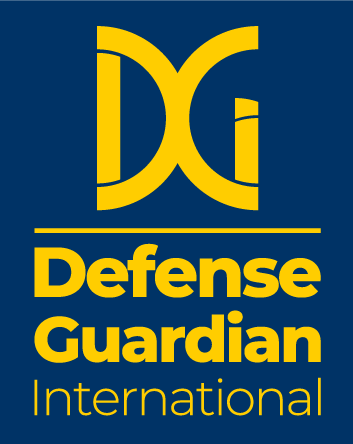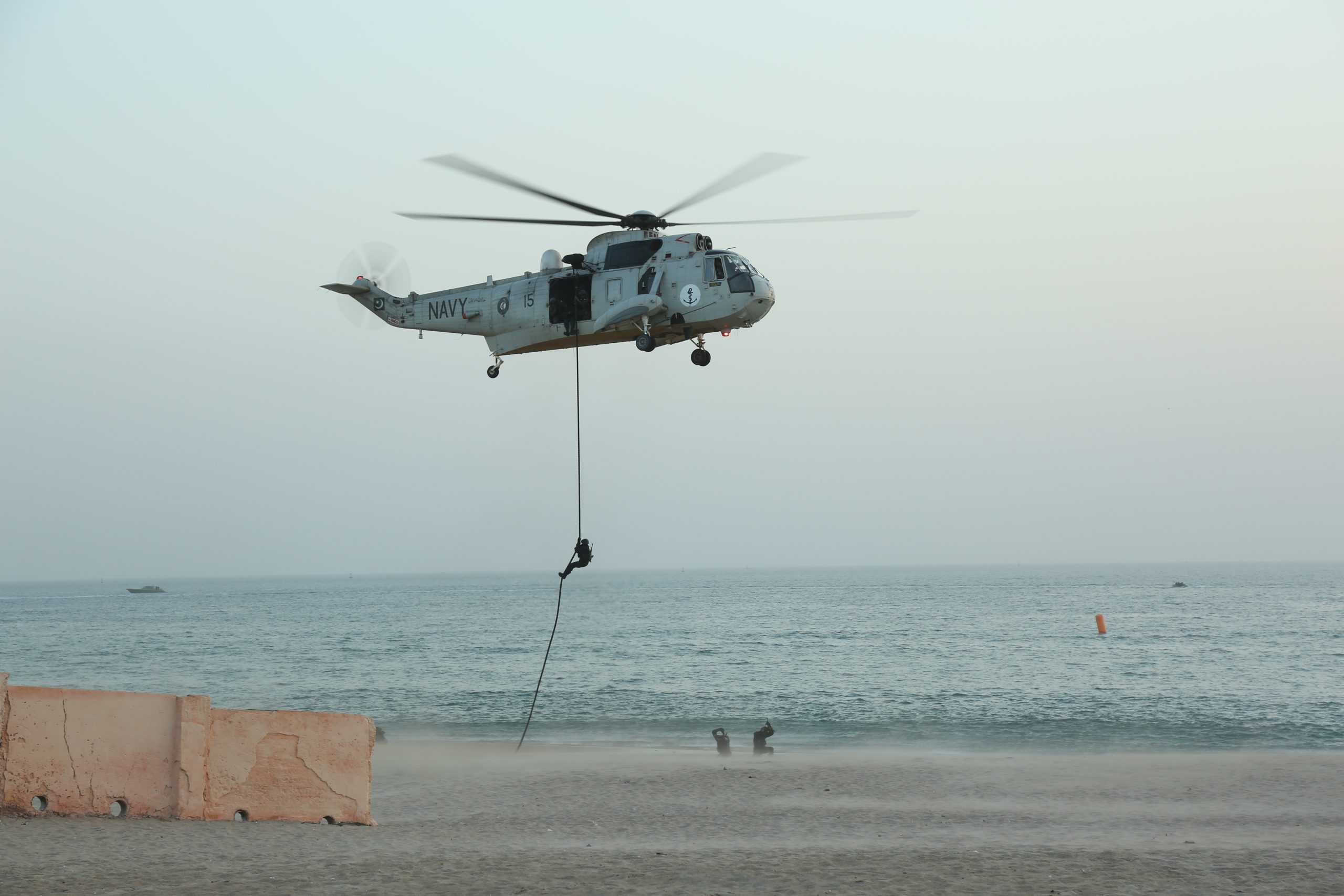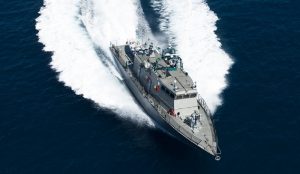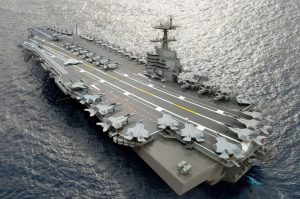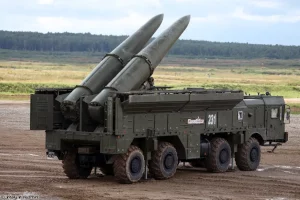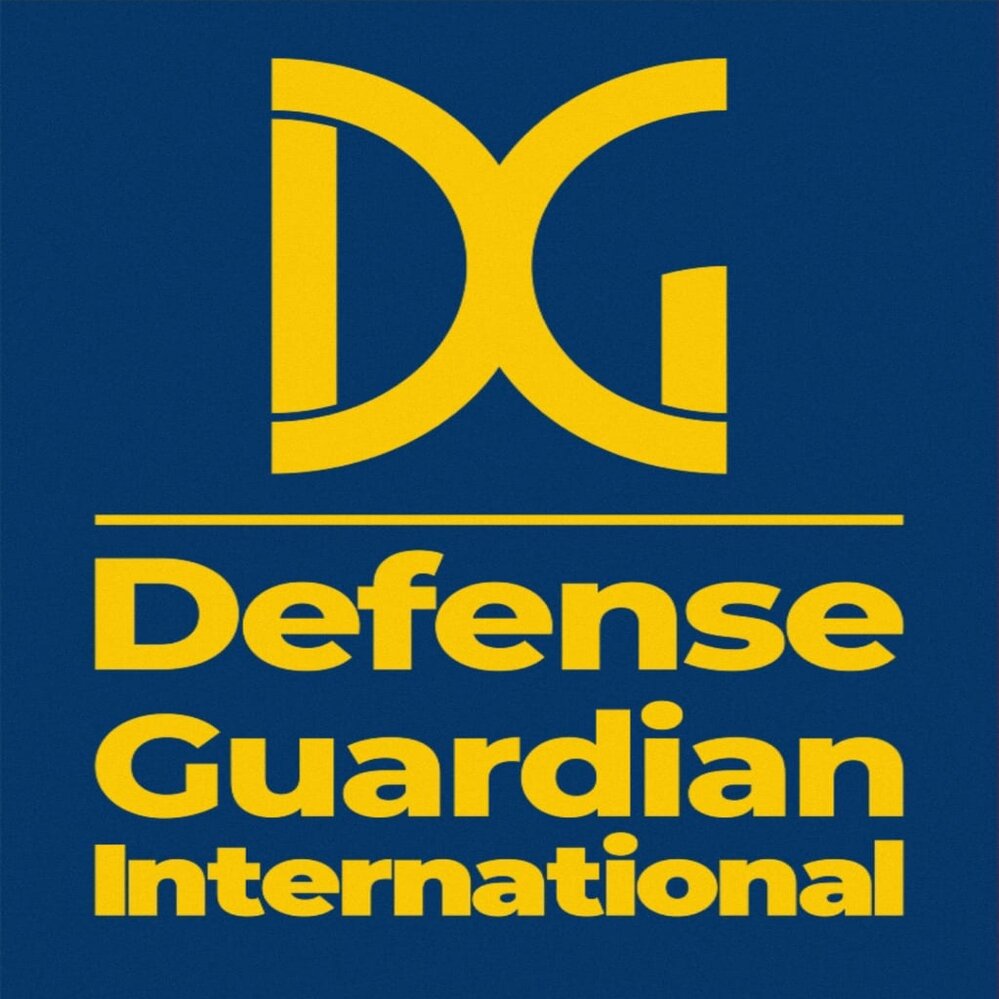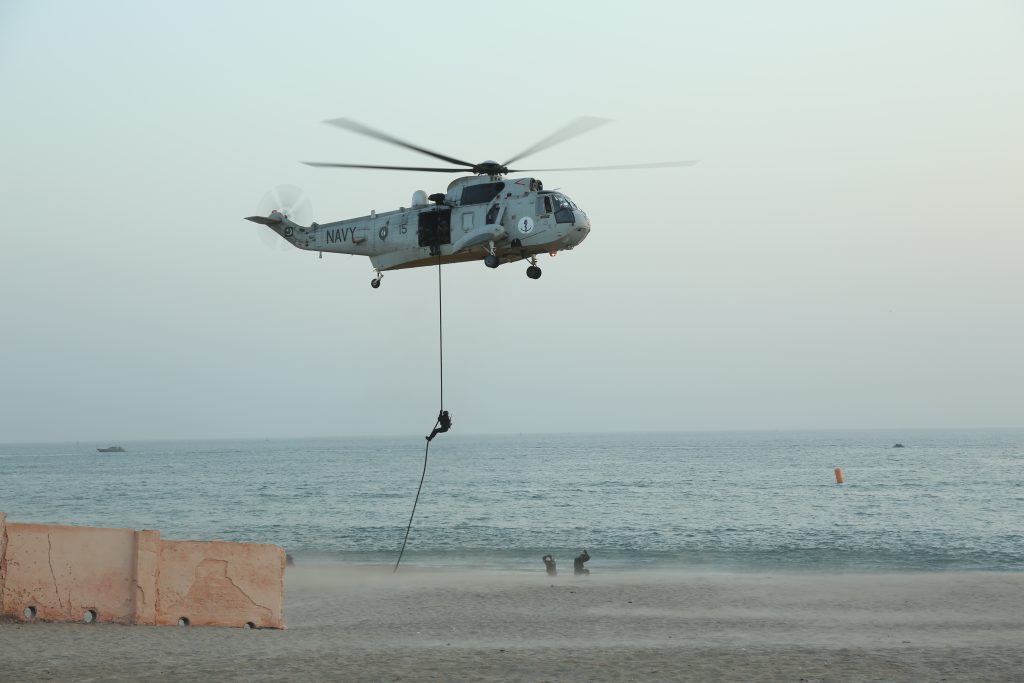
The AMAN exercise is a major event held every two years by the Pakistan Navy as a symbol of their dedication to making the seas safer, contributing to regional peace and security, and fighting Terrorism in the maritime domain. The word “peace” translates to “AMAN” in Urdu, and the organization’s motto is “Together for Peace.” For its part, Pakistan’s Navy has been actively spearheading the AMAN series, an effort to promote peace, since 2007. Notably, the recent Aman-21 naval exercise was backed by multilateralism, which is the involvement in an organization of ties between three or more governments in pursuit of common aims. Pakistan’s Chief of Naval Staff, Admiral Muhammad Amjad Khan Niazi, stated that the Aman Exercises provided the country with a venue to “develop doctrinal synergy to counter maritime security existential threats”. They will “bring Pakistan closer to its cherished goals of achieving regional peace and shared prosperity through collaborative efforts.” Terrorism is a huge threat to national security, and global counterterrorism is essential to achieving lasting peace. Together, the states of the AMAN guarantee securitization, or, in other words, through collectivism, they may optimize their security and national interests.
Pakistan, which is located in the centre of the Indian Ocean, is also an important coastal state. Connecting the Pacific and the Atlantic, the Indian Ocean plays a key role in the global maritime system. The Indian Ocean is strategically significant because of its proximity to the Strait of Hormuz, the Bab el Mandeb, the Horn of Africa, the Suez Canal, and Malacca. Pakistan is a peninsula that extends into the Arabian Sea and is located close to the Strait of Hormuz. U.S., Russian, Indian, Chinese, and Pakistani warships all keep a heavy presence in the Indian Ocean, underscoring the region’s strategic value. Since the conclusion of the Cold War, new security threats have emerged on the global stage. The need for security policies and methods to protect national interests arose in response to the increased interdependence brought about by globalization and the rise of multinational and transnational threats. With the help of “blue diplomacy,” the ocean can become a significant economic factor in international relations. Considering this, states formulate maritime security strategies and implement measures to counter issues, including piracy, human trafficking, drug trafficking, and weapons smuggling across the ocean. Pakistan, as a maritime state, has always taken the lead in promoting maritime stability, security, and prosperity.
To further enhance regional stability, Pakistan has participated in several UN peacekeeping missions, Combined Maritime Forces (CTF-150 and CTF-151) under UN mandate, and bilateral and multilateral exercises. Specifically, in the Red Sea, Arabian Sea, Persian Gulf, Gulf of Aden, and Somalia Basin, piracy occurrences have risen steadily since 2006. The incidents peaked between 2009 and 2011 (410 in 2009, 445 in 2010, and 439 in 2011).
Having a visible navy at sea is a sign of naval might and strongly correlates with safe seas. In the twenty-first century, no one country can guarantee freedom of navigation, secure maritime lines of communication, and protect global sea trade from nontraditional threats in the oceans. Since the Pakistan Navy is a firm believer in the efficacy of cooperative maritime security initiatives like the Regional Maritime Security Patrols (RMSP) and the establishment of Task Force 88, it has taken several steps in this direction. In 2018, PN launched RMSP to meet international commitments and safeguard national interests in the IOR. They are paying special attention to strategic locations like the Maldives’ supply routes, the Southern Red Sea, the Gulf of Oman, and the Gulf of Aden. It was in the first quarter of 2017 when TF-88, established in December 2016, got going. The mission is to protect national and international shipping by ensuring the safety of the waters around Gwadar and the surrounding sea routes.
In addition, AMAN exercises are widely recognized as a significant effort in maritime diplomacy, aiming to improve interoperability, regional maritime security, and collaboration among participating nations. To that end, PN has been holding the Multinational Biennial Naval Exercise AMAN since 2007. It was a meeting of the Eastern and Western navies’ ships, aircraft, explosive ordinance disposal teams, and observers to work towards a more secure and peaceful maritime environment. Using tactical warfare planning and advanced maritime warfare strategies like Naval Gunfire, Search, and Seizure (VBSS), anti-piracy operations, and the International Fleet Review, these actions provide Real-Time Threat Protection Systems (RTTPs) against nontraditional threats.
AMAN also aims to serve as a single platform to increase the interoperability of regional and extra-regional fleets, demonstrate a collective commitment to the fight against Terrorism and crime, and contribute to regional stability and peace. AMAN aims to combat human trafficking, narcotics and weapon smuggling. Terrorism in the region through joint operations at sea; to improve upon joint operations at sea through effective intelligence sharing mechanisms; to enhance operational skills through contemporary experiences to ensure interoperability in a diverse threat environment; to address the issue of climate change; and to highlight the importance of maritime security. The AMAN-23 is committed to achieving these goals as well.
In short, the only way to maintain a stable maritime order and boost a nation’s soft image in the international community is through integration, not estrangement. Navies and Foreign Policy by Ken Booth argue that the navy can do missions that other branches of the military cannot. The world’s oceans are a shared resource owned by all humans. On February 10–14, 2019, the Karachi Expo Center will host the eighth annual AMAN exercise and a crucial maritime conference. From February 10–12, 2023, Pakistan will host the Pakistan International Maritime Expo and Conference (PIMEC), a Ministry of Maritime Affairs project. PIMEC aims to advance the country’s blue economy by employing blue diplomacy. To investigate the potential of the “Blue Economy,” it will convene stakeholders and businesses from the wide-ranging maritime sector.
